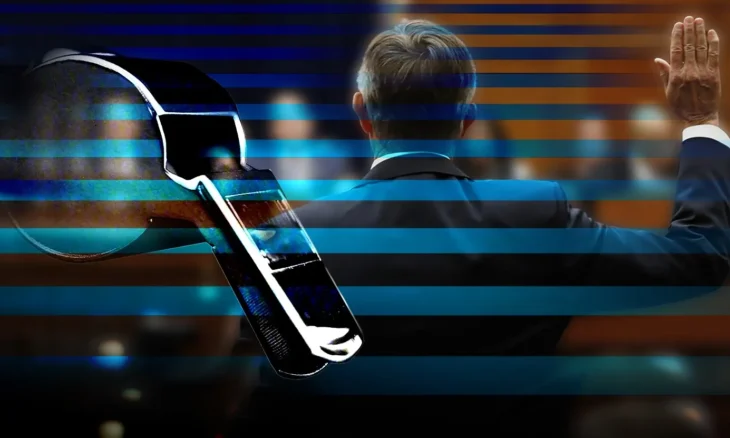
Last Updated on September 17, 2025 by Surender Kumar
Whistleblower protections empower you to stand up for what’s right without fear. In New Jersey, these protections safeguard employees reporting unethical practices. You might feel uncertain about coming forward.
However, understanding your rights is the first step to protecting yourself and effecting change. New Jersey’s Conscientious Employee Protection Act (CEPA) is among the nation’s strongest. It shields employees who expose wrongdoing. This law covers a range of activities, making sure you are secure when reporting unsafe, fraudulent, or illegal acts.
Knowing how CEPA works is crucial. You need to be aware of what counts as protected activity and how to document your report. Consulting a New Jersey employment litigation lawyer can provide clarity and guidance. If you suspect misconduct, your voice can prevent harm and spark positive change. Stay informed about your rights and responsibilities. Be prepared to act ethically. You are not alone. We support you.
Table of Contents
Understanding CEPA
The Conscientious Employee Protection Act (CEPA) is designed to protect you when you report unethical actions. It applies to various circumstances where an employee believes that their employer is violating the law or public policy. CEPA prevents retaliation against employees, ensuring job security when they come forward with information.
Protected Activities under CEPA
CEPA covers several activities. These include disclosing or threatening to disclose information about a violation, providing information to a public body investigating a violation, or objecting to or refusing to participate in activities that violate the law. Understanding these protected activities helps you know when you’re covered under CEPA.
How to Document Your Report
Proper documentation is crucial when reporting misconduct. Keep records of all communications regarding the unethical practices. Document dates, times, and descriptions of incidents. This information is vital should legal action be necessary. It’s essential to act promptly and follow internal procedures where applicable.
Comparison of Whistleblower Protections
| State | Scope of Protections | Retaliation Provisions |
| New Jersey | Broad coverage including safety, fraud, and legal violations. | Strong anti-retaliation measures. |
| New York | Covers public health and safety violations. | Moderate retaliation protections. |
| California | Includes policy violations and waste of resources. | Comprehensive retaliation protections. |
Steps to Take if You Suspect Misconduct
If you suspect wrongdoing, consider these steps:
- Gather evidence and document the misconduct.
- Consult your company’s internal policies on reporting.
- Seek legal advice to understand your rights.
- Report the issue to the appropriate authorities.
Legal Support and Resources
Legal guidance can be crucial when navigating whistleblower protections. Consulting with experts ensures that you understand your rights and obligations. The Legal Information Institute provides valuable resources on this topic. Additionally, reaching out to a qualified attorney can offer personalized advice.
Conclusion
Whistleblower protections in New Jersey empower you to act against unethical practices confidently. Understanding CEPA and your rights is essential in maintaining integrity and safety within your workplace. By staying informed and prepared, you can contribute to a culture of transparency and accountability. Remember, you are not alone, and there are resources available to support you. Use your voice to protect yourself and foster positive change.

I am a passionate blogger having 10 years of experience in blogging and digital marketing. I started List Absolute in 2018 to give my passion a live platform. I have also a good hand in writing unique and quality content. Here I contribute in my free time. Thanks for reading. Let me know if I can help you get your work done in a timely manner.
